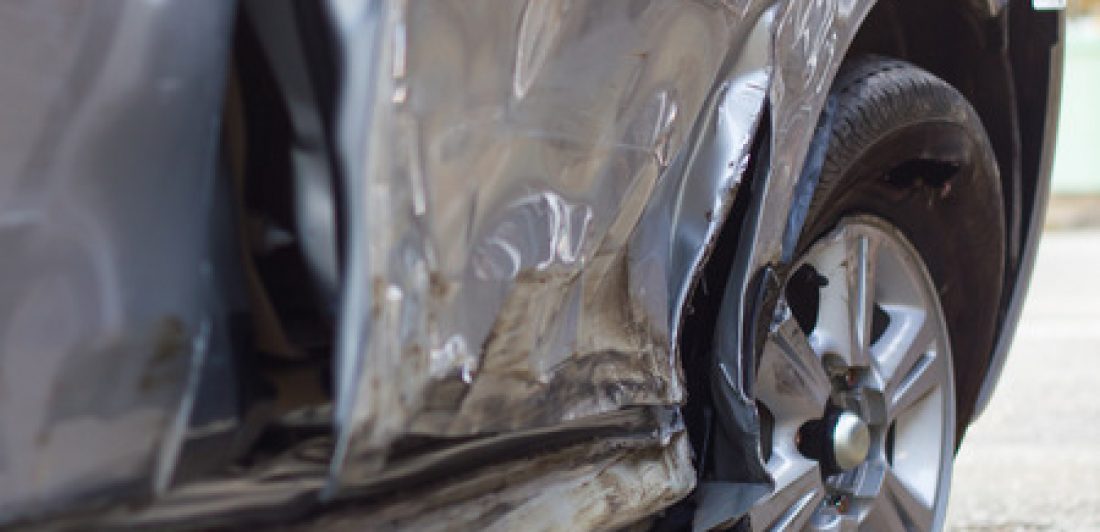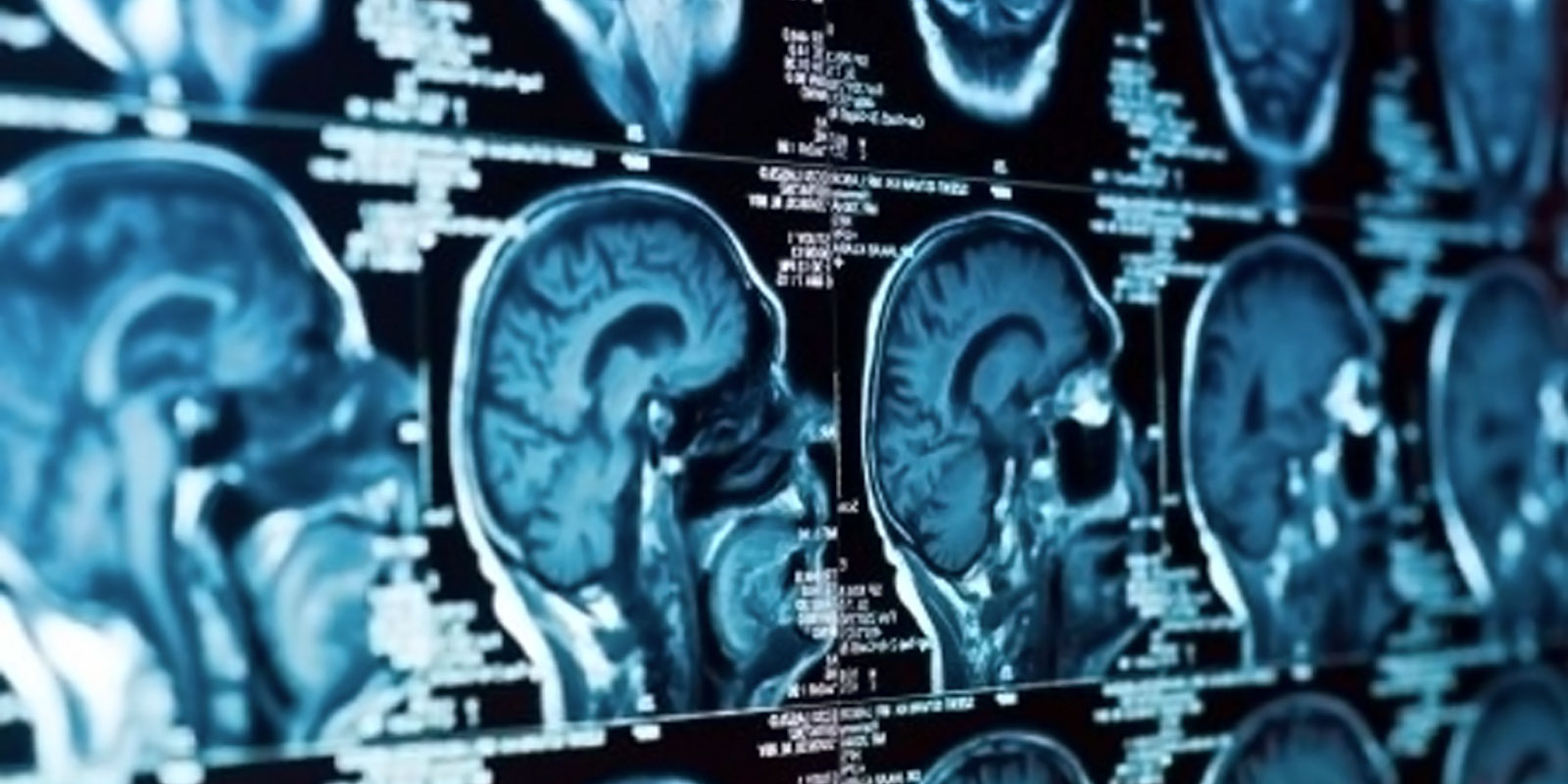When you get in a car accident, the at-fault person’s insurance company wants to diminish your compensation value as much as possible. They may use the argument that your car received little to no damage, therefore you didn’t experience pain or suffering. However, the insurance company faces an uphill battle when attempting to put a price tag on your pain and suffering. You can’t “see” pain. We are all different, and what could be uncomfortable or painful to one person may not be the same for another person. In other instances, pain and suffering can show up days, weeks, and years after a car accident, no matter how much damage is present in your vehicle.
Does the level of damage to my car indicate how serious my injuries are?
The short answer to this question is no. Just because you were involved in what seems to be a minor accident doesn’t mean that you didn’t experience pain and suffering. As mentioned earlier, insurance adjusters may argue that you can't possibly have injuries because your vehicle had very little damage. However, there are injury symptoms that may not be present until much later.
Why may I not show symptoms of pain or suffering way after an auto accident?
When individuals seem to be in a minor accident, there may be instances in which symptoms of injury or suffering may not show up right away. We have listed some of the reasons why this may happen to help you better understand why it is important to monitor your injuries following a car accident: for your health and to ensure that your legal rights are protected.
Soft tissue
One form of injury that may occur includes having a soft tissue injury. This is referring to other parts of the body other than bone, including muscle, ligaments, and tendons. Some examples of soft injuries include sprained or strained:
- Knee
- Neck
- Ankle
The most common form of soft tissue injury is whiplash. This is an injury to the neck muscles when the head is suddenly and forcefully thrown forward and then back. Soft tissue injuries can result in pain, reduced mobility, and swelling. However, symptoms of soft tissue injuries may not show up until later.
Endorphins
When an athlete is injured during a game, they might not even notice that they are injured until once the game is over. This is due to their bodies creating adrenaline and endorphins. These two chemicals are used to super-charge our bodies and block out the pain.
In the same way as the athletes, when someone is involved in a car accident, your body will produce the same chemicals which will block out any pain and increase your energy. However, just because you feel fine after a car accident, doesn’t mean that you are necessarily fine. Once those chemical levels have decreased, you may start to feel the car accident injuries.
Concussions
Although your brain is well protected by your skull and the fluid inside of it, if you strike your head or your body is jolted violently, it could leave you with a concussion. Concussions are very serious, but symptoms may not show up until after the accident. Some of the symptoms include:
- Inability to concentrate
- Nausea
- Blurry vision
- Headache
- Clouded thinking
- Lack of energy
- Dizziness
- Abnormal sleep patterns
If you have any of these symptoms after a car accident, you may have a concussion and should seek medical attention from your doctor.
Post-traumatic stress disorder
Some people that have been involved in a car accident may have overwhelming feelings go away. However, sometimes those feelings don’t go away or they become stronger as time passes on. According to the American Psychological Association, car accidents are the leading cause of PTSD among the general (non-military) population. If feelings remain with you for a long time and get in the way of everyday life, you may be experiencing post-traumatic stress disorder. Signs that you may be experiencing PTSD are:
- Numbing: the victim will keep an emotional distance from the world around them; feelings may be expressed as depression, feeling hopelessness, and growing an inability to feel emotions
- Avoidance: the victim may avoid people, places, or other circumstances associated with the trauma; may include anxiety and panic
- Intrusion: the victim may have recurring thoughts of the event
- Arousal: the victim may have constant alertness, which may include hypervigilance, paranoia, sleep disturbance, and inability to focus
What type of evidence will the insurance company look for?
The first thing that an insurance company will look at will be if you visited the doctor’s right after your crash. If you didn’t go, then it will be assumed that you’re probably not in any pain.
The insurance company will assume that injuries that result in a greater amount of medical attention include more pain and suffering than injuries that need minimal medical treatment.
In order to determine the value of your pain and suffering, the insurance company will review a number of documents. They will be doing this to diminish your compensation as much as possible. Some of these forms of evidence include:
- Medical records
- Medical bills
- Photographs of your injuries
- Prescription records
- Receipts of over-the-counter medications, and
- Documentation from your employer of any lost time.
It is important to be mindful of these records and to keep these records for future use if you decide to hire an auto accident attorney near you.
Property damage v. Physical injury
Property damage and physical injury are the two types of damages that occur in a car accident. When it comes to the law, the damages that you get and the damages that your vehicle experiences are handled separately. When you’re involved in a car accident, there are two claims that could be pursued: property damage and physical injuries.
Property damage refers to the damage done to your auto or any personal property of yours when the accident happened. This can include electronic equipment, jewelry all the way to holding someone liable for hitting your mailbox.
Bodily injuries are what it sounds like: injuries to your body from the car accident. You can receive aa compensation from bodily injuries for medical bills, prescriptions, rehabilitation, and physical therapy.
At The Carlson Law Firm, we care
Insurance companies and their legal team love to say that medical records will show that low-speed collisions do not cause serious injuries. However, here at The Carlson Law Firm, we have a well-prepared team that is aware of the injuries that a minor crash can cause and can help debunk this claim. Contact us today at 800-359-5690 to speak to one of our attorneys to help with your case. We care, and we can help.




